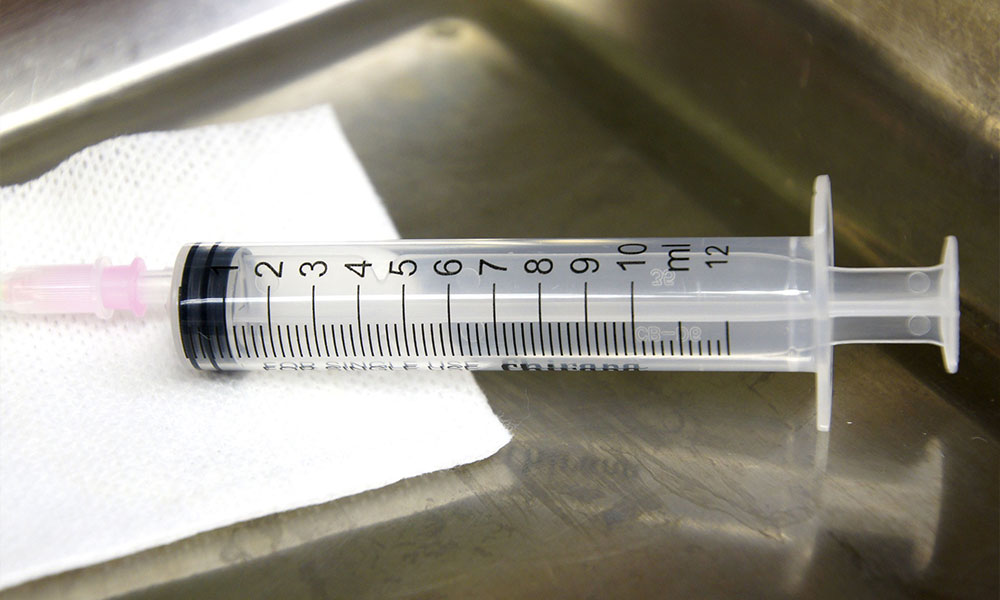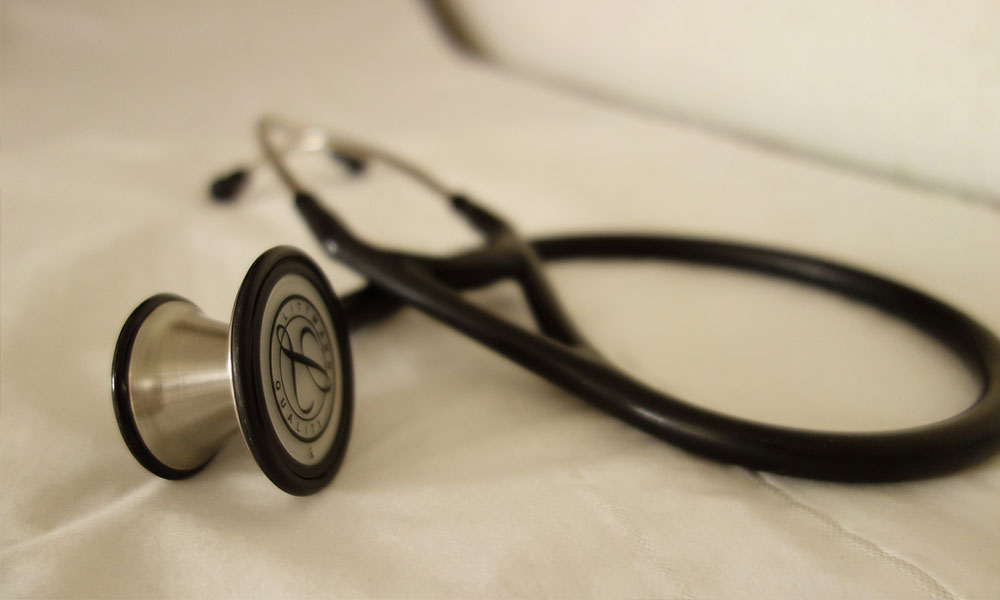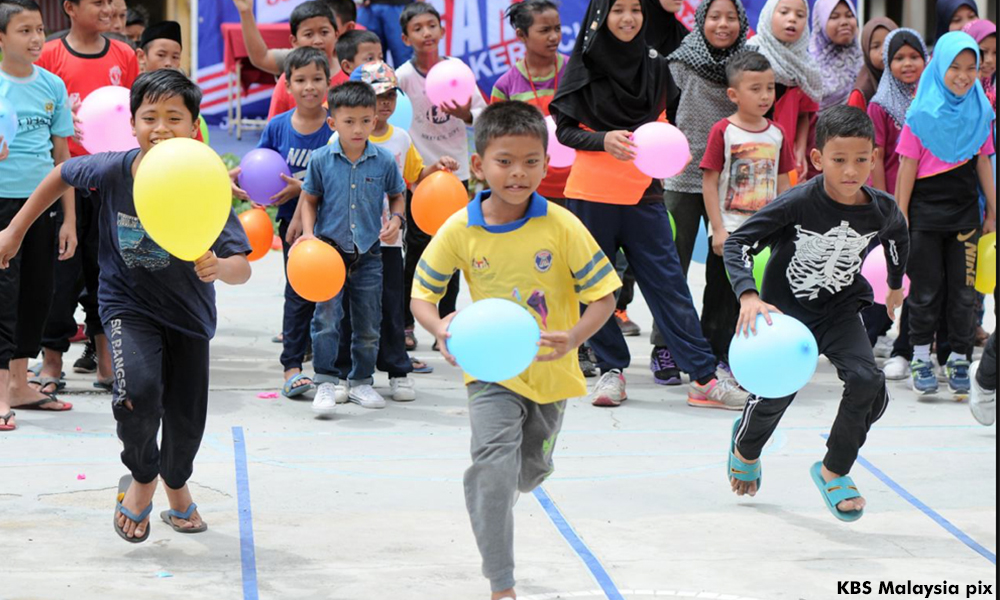COMMENT | In Malaysia, there is a tendency to shoot the messenger that brings bad news, especially in government. For those who have a long memory, you will remember the times when health staff in the civil service had attempted to speak up but often have been victimised instead.
I am encouraged to write this because of recent comments by our health minister under our new Pakatan Harapan government who has asked us to speak up and share the truth. He has encouraged dissenting voices and constructive criticism. In addition, our finance minister has encouraged submissions for the upcoming budget in October. I hope that these suggestions would be considered for funding of urgent critical needs for children in our public health service.
This article is to describe the reality, the truth of what is happening in the child health services in Malaysia. I've worked for more than 35 years in the civil service, most of the time as a paediatrician with children. I want to make a clear distinction that this article only deals with services in hospitals in the Ministry of Health (MOH). There are dire and important unmet needs for our child health services in the public health sector but I am not dealing with them in this article. Here I would like to outline the struggles faced by paediatricians and staff working in paediatric departments all over the country on a daily basis.
Reality One: Critical shortage of Nicu & Picu beds
The first reality and fact is that we are desperately short of intensive care and high dependency beds for children all over the country. Every day most paediatric departments will be scrambling to try and find a bed for an ill baby or child. Our neonatal intensive care units (Nicus) that care for premature and ill babies and our paediatric intensive care units (Picus) that look after older, seriously unwell children are grossly inadequate all over the country to meet basic needs. Most of our existing Nicus and Picus are cramped, small and in dire need of expansion.

The sad reality is that we have to make painful and heart-wrenching decisions every day; some children, especially tiny premature babies, that could be salvaged and saved are not offered care because we just don't have the beds. In addition, we waste a lot of resources, time and energy to transport children all over the country; from one state to another just because there is bed shortage; often dislocating parents and families and causing more hardship.
Despite many submissions over many decades to the MOH for expansion and growth of intensive care for children, inadequate resources have been allocated for the development of these services. We have faced a lot of anguish from parents and colleagues because at times we are just not able to offer the services that could very easily rescue children. All of us try very hard, but for years the growth and development of our Nicus and Picus have been grossly retarded.
Reality Two: Critical shortage of equipment in existing Nicu & Picu beds
The second painful reality is that there is a critical shortage of vital intensive care equipment in our Nicus and Picus. Much of the equipment is old, some do not function very well and fail often. Some of the equipment is already beyond economic repair (BER), but we are forced to continue using them as we have a severe shortage. Imagine using incubators where the wall of the incubator is really blurred and it's hard to see the baby inside. Some departments are forced to share intensive care monitors between ill babies (two babies using a single monitor) and this is of serious concern as mistakes can easily be made. Many of our older generation ventilators are more damaging than helpful to premature lungs. Every year the allocation that each paediatric department obtains for equipment is barely enough to purchase a few items, let alone get replacements.
Reality Three: Extreme shortage of nurses
The inconvenient truth is that we are very short of nurses in our Nicus and Picus. Many of our Nicus and Picus operate with one nurse looking after three intensive care babies/children at night. The recommended norm is one to one (actually 1.5 nurses to one child is a better ratio so that we can deal with emergencies). Surprisingly our adult ICUs can be allocated one nurse to one adult but not for children. In the daytime, we can manage with one nurse looking after two ill children but at night it is a crisis.
A simple analysis of deaths in children who died in our ICUs will show that the rate of death is much higher at night. In addition, there is an enormous strain on our nursing staff both physically and emotionally. Managing three intensive care children at one time, night after night takes a toll on you. A recent study we conducted showed that one in five nurses in our NICUs are coping poorly and depressed over the death of infants in their care. All of us are affected by the deaths of babies and children, especially those that we know could have been saved if the resources were adequate.
The response
If anyone tells you that things are not as bad as I am describing here, then they are not speaking the truth; things are worse than what I am describing here.

If anyone says we have not spoken up in the system, then they are not speaking the truth. Many attempts have been made to bring this to the attention of our government. Although MOH is aware of it, no one seems to be able to change the situation on the ground or get more funding to save the lives of children.
What is always surprising to many of us as paediatricians, is that the adult intensive care units in our country have better bed strength, better equipment and better staffing. Somehow we seem to invest in adults more than we invest in children who are far more fragile and in need. I am not here to knock our adult services but to appeal that we do something for children. This chronic neglect of our Nicus and Picus cannot continue; many lives have been lost and more will be if things remain unchanged. Our national under-five mortality rate has flat-lined for more than 15 years.
I often ask myself as to whether we want to hear the truth. We often "sugar coat" the reality. When VIPs and government ministers visit hospitals there is often a frantic "clean-up and touch-up" (wasted money) with a good front presented to suggest “no major problems”. I call these “potted plant visits” – putting out our nice plants for the VIP to view. Governments always want to hide or neglect the truth, which is the very antithesis of governing.
Do we want to continue believing "Everything is OK” and that “We will manage”? I have heard this much of my life, that “MOH will manage with the limited funds allocated”. No, we are not managing well and it is getting worse.

We have fallen so far behind countries like Taiwan and S Korea in our healthcare services. They were, in the past, lagging behind us and looked up to us as an example. But now we admire the services they have been able to develop and have invested in.
So I appeal to our finance minister, come this October budget, please don’t allocate money to build new buildings. Or buy highways. Or invest in flying cars. Or buy tanks and plane. Or continue with mega-projects, etc.
Put the budget where it counts – saving the lives of babies and children.
And make sure the allocation goes to the babies and children who are in our Nicus and Picus. Otherwise, it will be diluted by the enormous needs of our starved and underfunded MOH and never reach the children.
If we do not start funding paediatric services adequately and grow them, we will have to accept the reality that we do not care enough for the children of our nation.
The writer is a senior consultant paediatrician.
The views expressed here are those of the author/contributor and do not necessarily represent the views of Malaysiakini.

